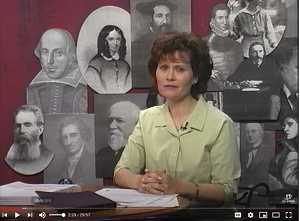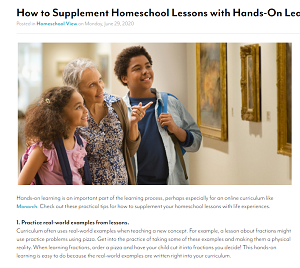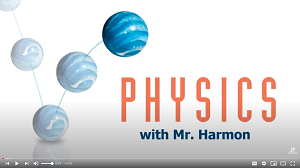BJU Press DVD or Online Review
BJU has been around for many years
BJU stands for Bob Jones University. They produce BJU Press Homeschool products.
BJU Press curriculum has been on the market a very long time. In fact, the fellow that started Abeka was educated by his parents with the BJU Press homeschool curriculum. Though, I don’t think they had the DVD or online version at that time.
In case you are wondering, they have kept up with the times, creating new content regularly, so it is not as outdated. However, some of the videos do have an older look and feel to them. Parents can purchase either the DVD version or the online version. Both have the same content, only the online version does require internet.
Instead of viewing children in an actual school class, as students would when watching Abeka, with BJU Press students watch a video of a teacher, who is talking directly to the student. The videos emulate a student being given a private lesson by a teacher. Additionally, there are often creative videos meant to enhance an idea.
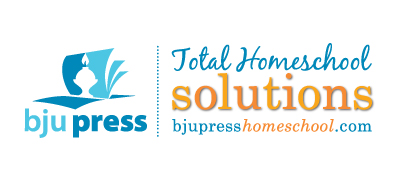
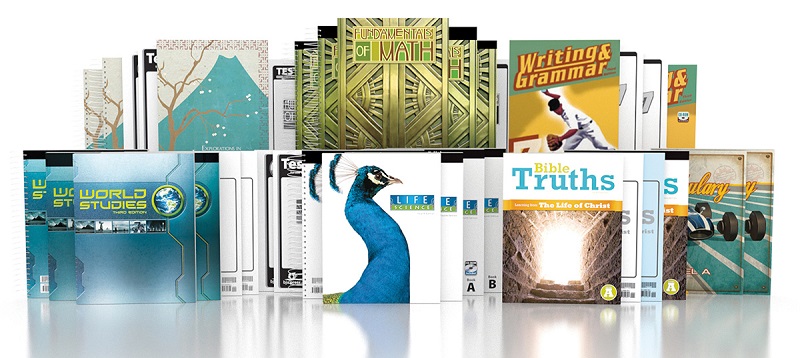
Parents need to do some grading and make sure students have assignments
Before the school year starts, BJU Press mails parents a large box of books, worksheets, and program guides. Each day, as the student watches a video, he/she will also have assignments in the workbooks, in addition to some worksheets. There are quizzes, pre-tests, and tests, as well.
With the online version, all quizzes, pre-tests, and tests are online. Both the student and the parent have separate accounts. Therefore, the homeschooling parent can access the student’s work easily. Quizzes, pre-tests, and tests are scored automatically, but parents do have the freedom to change grades if they so choose, which is a feature not all online curriculums offer. Also, there are some questions that parents may need to grade.
Unlike Abeka, which sends teacher manuals and other correction manuals along with the student books before the start of the school year, all those materials are online with BJU Press if you do the online version. This can be good or bad, depending upon how internet savvy a parent happens to be. For those of us who like to have a book in our hands to look up the answers when we are grading workbooks, it can be irritating to have to get online, find the file, and download it. However, for some, it may be a welcome relief from having so many books around the house. One of the great things about it though is that if you lose a worksheet, you can print a new one from the parent dashboard. With Abeka you actually have to get permission for them to send you a new one via email.
There are also some extra materials in the parent dashboard that can be printed out and given to the student as extra assignments.
Lower academics than some
We followed a student who enrolled in BJU Press with the Online option. Below is our assessment of the program. The child was in middle school.
The student books are good size. But there are very few handouts when compared to Abeka. Additionally, with the online version, parents do not get correction manuals. Instead, they have to pull up the answers online in the parent control center.
The videos are well done, and the content is easy to understand. Additionally, the creative videos truly enhance the curriculum and hold the student’s attention. However, the videos are very short compared to Abeka. Most of them can be viewed in only 15-20 minutes. The videos are “okay” with regard to how well they hold student interest. They are not as “flashy” as some videos students are used to seeing, but they are not extremely outdated in their feel either. In other words, they aren’t as graphically advanced as they could be, but they don’t look like they are from the 1980’s either.
The content in the videos covers all of the material traditionally expected for the corresponding grades, but there is no repetition. In Abeka, teachers repeat key facts many times over the course of different days, similar to a regular classroom, whereas with BJU Press, it’s a “one shot deal”. Of course, students can rewatch the videos as many times as they like. But we found that parents had difficulty motivating students to watch the videos multiple times.
Another problem that we found is that the workbook problems are also very limited. With Abeka, students have a great deal more work, which helps them understand the material better. With BJU Press math, for instance, upon inspection, there was one question for each type of problem, or way it could be worked. Therefore, students didn’t have the opportunity to really practice the skills.
Good parental control
The online platform is easy to use and easy to understand for both the students and the parents. Additionally, if students don’t do as well on a test, parents can reset tests and quizzes so that the student can have a second chance. The amount of parental control is excellent.
The curriculum is a good one, but we have some major concerns about the low amount of schoolwork compared to some other programs. A full day’s work for seventh grade can be completed in only about 2 1/2 hours, compared to Abeka, which takes about 6 to 8. Although it gets school out of the way quickly, it was our personal opinion that the curriculum by itself was not adequate. However, it does nicely allow for parents to add in additional assignment and activities for each class. With Abeka, this can be harder because of the amount of work already in the class.
We realize that not all parents are looking for an academically challenging curriculum. BJU Press is a good basic curriculum for families looking for something with a lower academic index. However, for those parents who do have a focus on more advanced academics, BJU Press may not be the best curriculum unless parents add on to it.
BJU Press is a Christian curriculum. It does have Christian elements throughout, but not as much as Abeka. Science has a “short-term earth” focus but heavily discusses all beliefs.
May not be suitable for students that need repetition
The student we were observing had ADHD. Although the style of the videos and the hands-on interaction with the computer worked well for her, she had a great deal of trouble retaining the information due to the lack of repetition. Her homeschooling parent had to go over the information for each class with her to help her solidify the information in her mind. Because of this, the parent concluded that the curriculum was more of an enhancement to parental teaching, rather than a self-contained educational platform.
The cost of a year with BJU Press is $949.00 for the subjects of English, Math, Science, and Social Studies. They do offer a monthly payment plan. “Bible” and electives are separate. Parents can customize classes by moving a child a grade up or down for each subject if needed.
You can reach BJU Press’ website at: www.bjupresshomeschool.com


Our review - 3 out of 5 stars due to lower academics
Overall, it is a good program, but not the best one we’ve seen academically. It can be completed quickly, but parents will likely need to supplement for students to get a full education. Parents will also likely need to go over the information with the child, particularly in elementary and middle school because there is not enough repetition of facts for students to retain them. Without these additions to the curriculum, the student may fall behind other students in the same grade level nationally.
When comparing Abeka and BJU Press, we found that BJU Press falls far below the academic level of Abeka when students are doing all of the work in each curriculum.
Some parents are looking for a lower academic curriculum that does not take as long to complete. BJU would fill this need. However, we do have concerns that the curriculum as it is written may not be enough for the student to be competitive, particularly if they plan to attend college.
The videos are good but very short compared to Abeka. Student work is very light.
All-in-all, we feel that BJU Press is current and what material is in the curriculum is good. They are trying to fill the niche need for homeschooling families that are not interested in academics and who want their students to do only a few hours of homeschool per day. But for this reason, we can’t fully recommend BJU Press because we feel that it is lacking compared to other curriculums like Abeka.
Student interaction and the parent message board
One of the perks that we saw with BJU Press is the ability for high schoolers to interact with each other through a discussion board. This is somewhat unique for a platform that is not an academy.
Parents who have students enrolled in BJU Press for the year can also communicate with each other with parent discussion boards. The board is very active and has a wealth of information from other parents. Plus, if you are looking for advice, other parents are quick to respond.
Students in middle and elementary schools do not have the option to interact with each other, however, parents often arrange private Zoom and other conferencing sessions for students to get together with peers. Parents find each other through asking about interest on the adult discussion boards.
As with all internet interactions, parents should monitor student activity with individuals they do not know.
.
